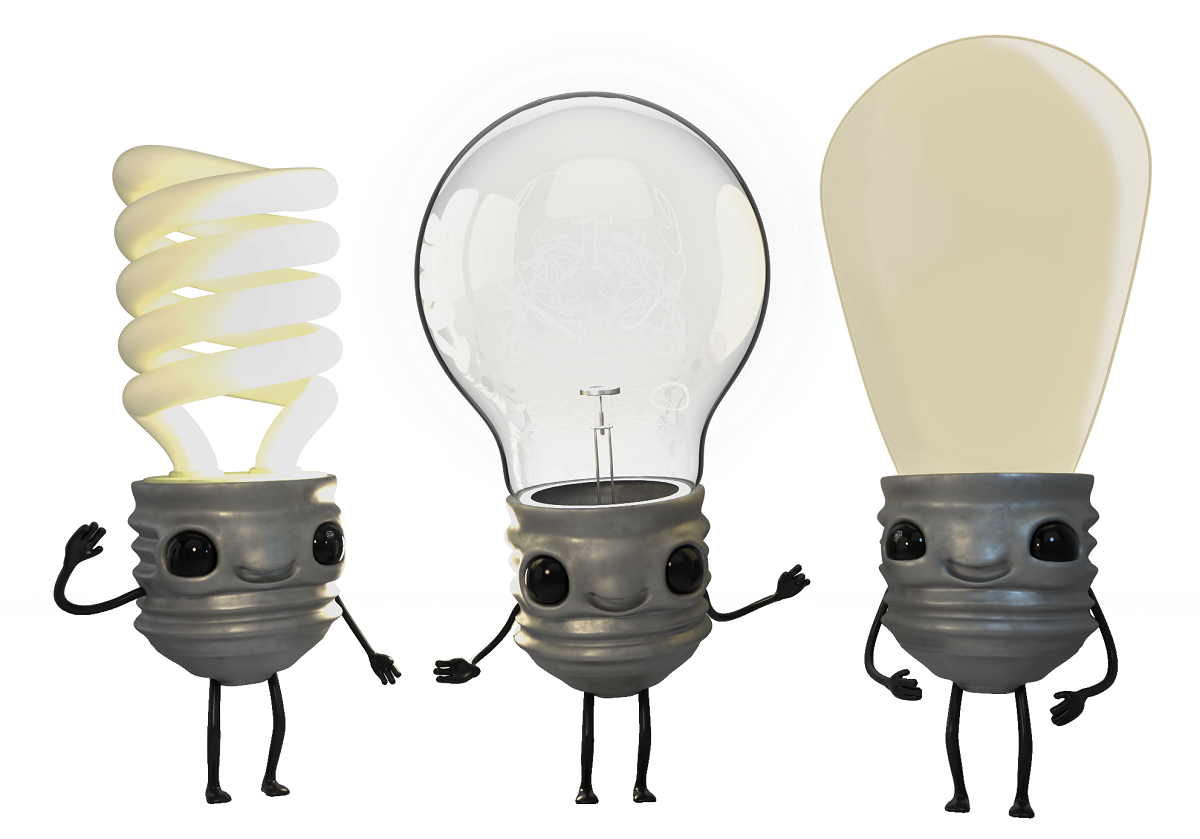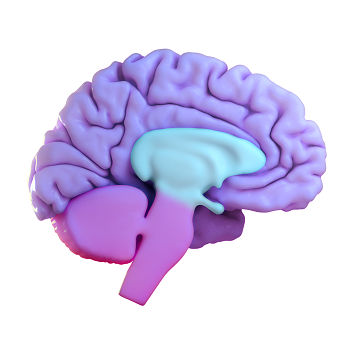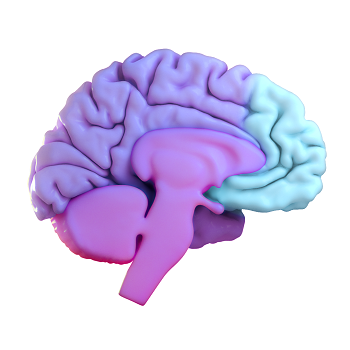Adolescence and emerging adulthood are periods of significant brain growth and development. Scientists call the adolescent brain highly 'neuroplastic' because it is a time of organising, construction and strengthening of connections in the brain.
-
Respect Your Brain animated series
-
How do drugs affect the developing brain?
-
Areas of the brain in development
-
Alcohol and the developing brain
-
Cannabis and the developing brain
-
MDMA and the developing brain
- Alcohol, antidepressants and the developing brain
- Vaping and the developing brain
-
Getting help for drug and alcohol issues
Animated series
The Respect Your Brain animated video series focuses on the impact of five drugs commonly used in Australia and explores the way these drugs affect a young person’s developing brain.
How do drugs affect the developing brain?
The brain is highly neuroplastic (changing in response to experiences or exposure to chemicals), so during brain development (teens to 25 years) there is the risk of damage
The way a drug affects a person depends on which part of the brain it targets. Some drugs have far reaching effects, for example alcohol can reach three areas of the brain where important functions occur, whilst other drugs may be more localised and specific, for example MDMA is attracted to the limbic system and binds strongly to areas such as the hypothalamus. Often, it’s the amount of the drug taken (dose) that influences the risk of harm to the brain. Because we are all different, the effects can vary from person to person and be more harmful for some.
Areas of the brain in development
There are three significant areas where brain function occurs, they are:

| Hindbrain (pons, cerebellum and medulla oblongata), which is responsible for balance and coordination and basic automatic functions like breathing and heart rate.
|

| Subcortical midbrain (limbic system), which is responsible for our animal instincts, like our 'pleasure centre,' our flight or fight response and memory storage. It's also the home of the hypothalamus, which enables us to maintain internal balance and physical wellbeing despite changes or outside factors.
|

| Forebrain (cerebral cortex, including prefrontal cortex), which is responsible for our complex, high level thinking, like planning for the future and regulating our emotions.
|
Alcohol and the developing brain
Alcohol is a depressant which is rapidly absorbed into the bloodstream. It can affect the brain within five minutes of consumption (absorption may be slower if the person has recently eaten).
Drinking, particularly heavy drinking, at any time before, during and after brain development, can have a negative effect on the way the brain works.
Early alcohol use may interrupt cell growth in the frontal lobe of the brain, an area which does not reach full maturity until a person reaches their mid-twenties. The frontal lobe of the brain controls higher mental processes such as planning. Drinking alcohol interferes with brain development and harms can include poor attention, poor decision making and disrupts the ability to forward plan – impacting on mental health and educational performance and completion.
Little is known about whether excessive alcohol consumption in teenage years leads to permanent changes to the brain. However, there is evidence that excessive drinking (more than 4
standard drinks on a single occasion) can lead to young people taking risks and putting themselves in dangerous situations, such as drink driving and having unsafe sex.
Cannabis and the developing brain
Cannabis acts as a central nervous system depressant that also alters sensory perception.
THC (delta-9 tetrahydrocannabinol) is the active ingredient in cannabis which is responsible for the mood-altering effects which can make people feel high.
Synthetic cannabis functions in a similar way to THC.
Cannabis can affect memory and attention, which can interfere with your ability to take in and remember new information. This can affect everyday life, particularly when learning something new or doing something difficult.
Using cannabis regularly when you are young and your body is still developing increases your body's exposure to the harms associated with cannabis use, such as a higher risk of respiratory illness.
Cannabis use can affect mental processing and if cannabis is used heavily over many years, persistent problems with memory, attention and the ability to handle complex information may be experienced.
Early and heavy cannabis use may affect your choices and options in life, leading to impact on social and physical wellbeing (Cannabis Facts for Young People. National Cannabis Prevention and Information Centre, October 2011).
MDMA and the developing brain
Methylene DioxyMethAmphetamine (MDMA) – also called ecstasy – is a derivative of amphetamine and has both stimulant and hallucinogenic properties. Stimulants speed up the central nervous system and brain, and hallucinogens can cause people to see, hear, feel or smell things that do not exist.
The effects of MDMA can start within an hour and typically last up to about six hours. Some effects may continue for up to 32 hours.
MDMA affects your brain by increasing the activity of neurotransmitters (the chemical messengers of brain cells): serotonin, dopamine, and norepinephrine.
Serotonin regulates mood, sleep, pain, appetite, and other behaviours. MDMA causes mood-elevating effects by releasing large amounts of serotonin. This release depletes the brain's supply of serotonin and some people can feel down or anxious the day after taking MDMA. Known as the 'come down', this may include sleep problems, feeling depressed and finding it hard to concentrate and can last for several days.
MDMA may cause an increase in body temperature (hyperthermia) and dehydration. A body temperature of 40 degrees Celsius or higher is life-threatening. Some symptoms of over-heating include confusion, nausea or vomiting and rapid breathing. MDMA can also cause fluid retention and water intoxication, which can also be life threatening.
Mixing MDMA with alcohol or other drugs is also dangerous, mixing drugs can cause people to feel unwell and put their health and life in danger. Some drug interactions are of particular concern, they are:
- MDMA and some of painkillers or antidepressants can lead to serotonin toxicity which can be fatal
- MDMA, methamphetamine (ice and speed) and cocaine are all stimulants so if either drug are taken together the effects can be very unpleasant or lead to an overdose
- MDMA with alcohol raises blood pressure and body temperature and increases the chance of dehydration and confusion, which could lead to taking more MDMA and the increased risk of overdose
If someone shows the following signs of MDMA / ecstasy overdose an ambulance should be called immediately on Triple Zero (000).
- Feeling really hot / overheating
- Rigid muscles, tremors or spasms
- Clenched jaw
- Confusion or disorientation
- Difficulty walking
- Severe agitation or panic
- Having difficulty breathing
- Fast racing pulse / heart
- Vomiting
- Seizure
- Unconsciousness
Alcohol, antidepressants and the developing brain
Antidepressants are prescribed to help treat mental health problems, like depression and anxiety. These medicines target neurotransmitters (chemical messengers) in the brain linked to low mood, such as serotonin, noradrenaline and dopamine.
Common antidepressants are 'selective serotonin reuptake inhibitors' (SSRIs), also known by brand names, like Lexapro, Cipramil and Prozac. SSRIs help increase the levels of serotonin in the brain by blocking the recycling of serotonin from the space between nerve cells (see image below).
Neurotransmitters such as serotonin in the synapse of a nerve cell

SSRIs block the re-uptake of serotonin, so it builds up in the synapse

This helps serotonin stay around for longer to help improve mood. Other antidepressants include 'serotonin and noradrenaline reuptake inhibitors' and 'tricyclic antidepressants', which have a similar effect on neurotransmitters.
It can take weeks for the medication to start having an effect, and regular and consistent use is very important.
Some types of antidepressants can interact with alcohol in the body with side-effects such as drowsiness, reduced attention and insomnia. Antidepressants when combined with alcohol (a depressant) can cause enhanced sedation – slow down reaction-time, affect co-ordination, decision making, lead to greater levels of drowsiness than taking either drug alone. This increases the chance of injury and other negative experiences associated with drinking, such as vomiting, fights and unwanted sexual experiences.
Alcohol slows down brain activity in the frontal lobe of the brain, making it harder to regulate stress and other emotions. Drinking alcohol can also intensify negative emotions and worsen underlying mood. There is also a strong link between frequent heavy drinking and symptoms of poor mental health where one disorder serves to maintain and worsen the other.
The safest thing during brain development (which continues until about age 25), is not to use alcohol at all particularly if also prescribed antidepressant medication.
For more information, refer to the fact sheet.
Vaping and the developing brain
Vapes (also known as electronic cigarettes, e-cigarettes, vape pens, pods or stigs) come in many different types. All have the same basic parts, as shown in the picture below: a battery, coil and cartridge. When the battery is switched on, the coil heats up the e-liquid, which is vapourised and inhaled.

Many disposable vapes are one piece with no removable parts, and the e-liquid is stored inside a small pod. Other vapes may be refillable with parts that can be changed.
Vapes can contain over 200 chemicals. In the short-term, vaping can cause damage to the lungs and throat, and lead to nicotine overdose. Vapes haven't been around for very long, so the long-term effects aren't well known.
Nicotine is incredibly addictive. Using nicotine-containing vapes means you may develop nicotine dependence. Needing nicotine all the time to feel normal, otherwise you experience withdrawal symptoms like irritability, low mood, and even tremors. Vapes can deliver nicotine at higher doses – some as much as 50 cigarettes (often much more!)
Exposing young brains to nicotine early can wire your brain to be more addicted to substances into adulthood.
Vaping can lead to worse mental health, both in the short and long term, causing symptoms of depression within 12 months of starting. In the long term, it can lead to developing depression, anxiety and substance use disorders because of the way nicotine changes the brain.
It is illegal to sell vapes (and all other tobacco
products) to anyone under 18 years old. It is illegal to sell nicotine vapes to
anyone, unless they are prescribed by a doctor to someone over 18 years for
smoking cessation purposes, and obtained with a prescription from a pharmacy.
For more information, check
'Do you know what you're vaping?'
For related research
Getting help for drug and alcohol issues
There are lots of services that young people can call or chat with online if they have concerns about themselves of others, including their family. All of the following services are free and confidential (unless there is a risk of harm to them or someone else) and can be accessed anonymously.
Alcohol and Drug Information Service (ADIS)
ADIS is 24 hours 7 days a week free, confidential and anonymous telephone service, providing counselling, support, referrals and information for those affected by alcohol or other drugs.
ADIS also provides
Web Chat which is free, anonymous and confidential for people with concerns about alcohol or other drug use. Web Chat is available Monday to Friday 8.30am – 5pm (including public holidays).
T: 1800 250 015
Family Drug Support (FDS)
FDS provides 24 hours 7 days a week free telephone support line for families and friends affected by alcohol and drug use.
T: 1300 368 186
Kids Helpline
The Kids Helpline is a free, private, and confidential 24 hours, 7 days a week telephone and online counselling service for young people aged 5 to 25.
T: 1800 55 1800
ReachOut
ReachOut is Australia's leading online mental health organisation for young people and their parents. They have a supportive, safe and anonymous forum space where people care about what's happening to you, because they've been there too.
Lifeline
Lifeline is a 24-hours 7 days a week free crisis support and suicide prevention service.
T: 131 114
More information
Check out the
A-Z of Drugs for more information.
